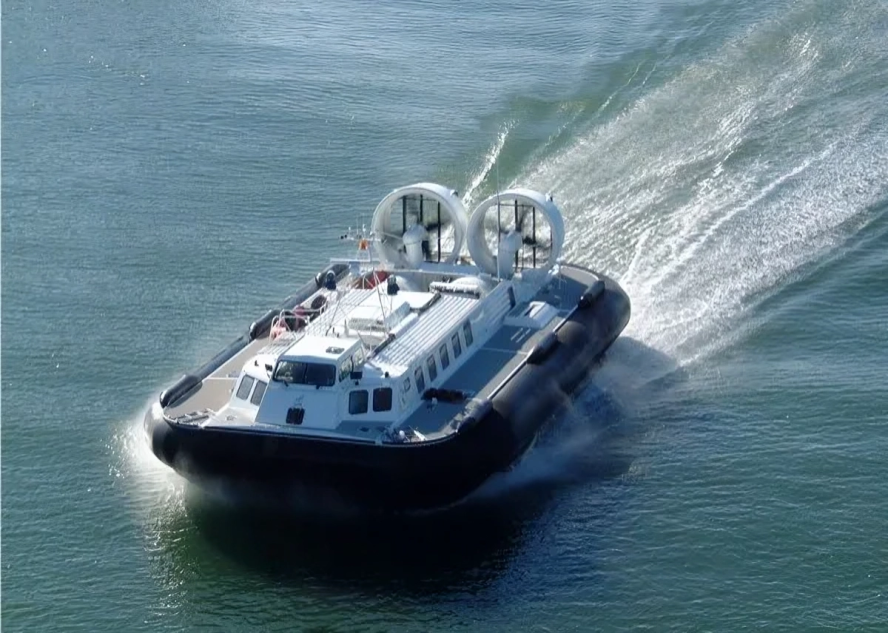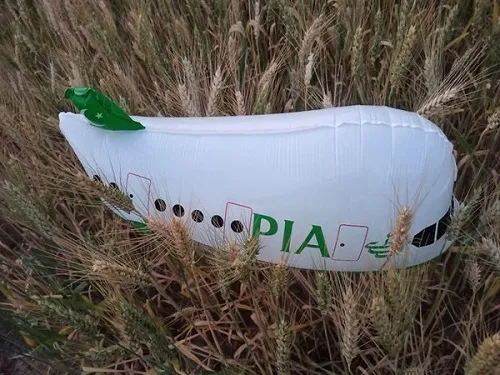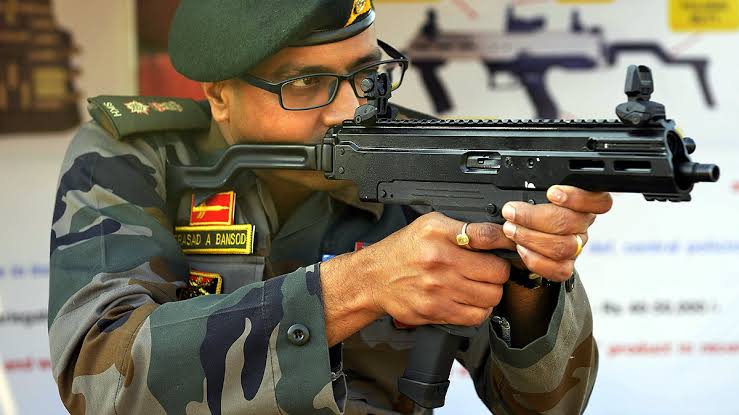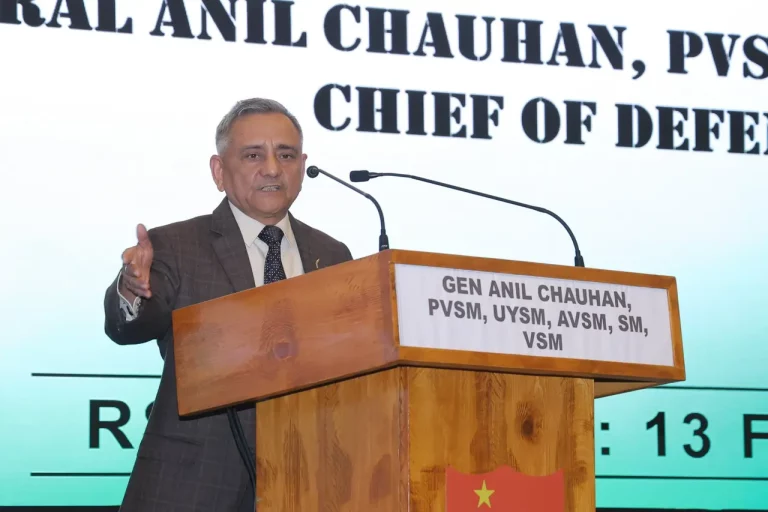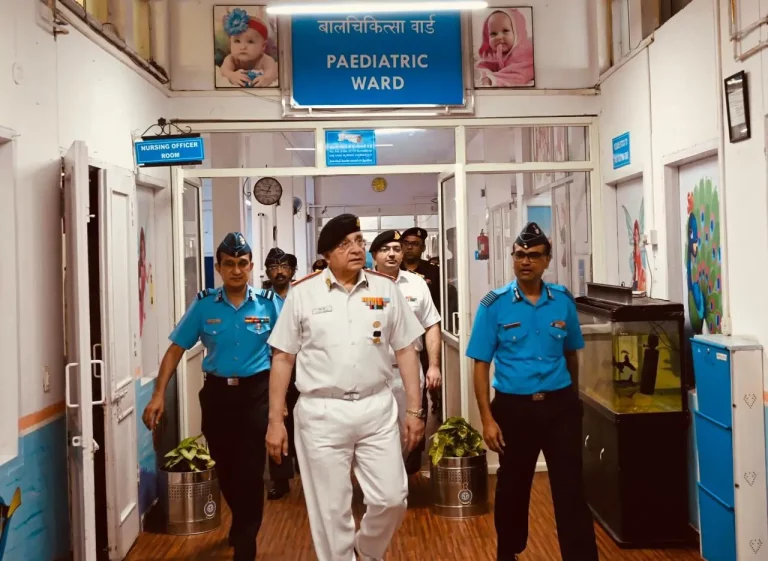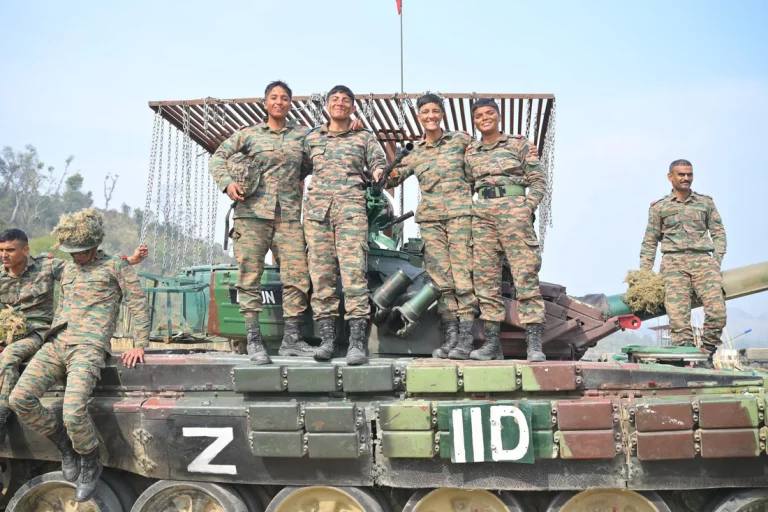The construction of India’s first indigenously built Air Cushion Vehicle (ACV) for the Indian Coast Guard commenced recently at Chowgule & Company Pvt. Ltd. shipyard in Goa. The event was marked by a significant girder laying and erection ceremony attended by Inspector General Sudhir Sahni, who is also the Deputy Director General (Materiel & Maintenance) of the Coast Guard.
These hovercrafts, based on established Griffon Hoverwork designs, are being uniquely adapted with Indian expertise to fulfill diverse coastal security requirements. The Ministry of Defence has stated that the introduction of these ACVs will greatly enhance the Indian Coast Guard’s operational capabilities, providing improvements in speed, shallow-water access, and tactical flexibility essential for various operations, including patrolling, interdiction, and search-and-rescue missions across India’s extensive maritime borders.
The initiative is part of a larger project executed under a contract signed on October 24, 2024, which includes the construction of six ACVs. This endeavor is a pivotal step toward strengthening operational self-reliance in maritime defense and aligns with the government’s Aatmanirbhar Bharat initiative aimed at boosting indigenous production.
Defence Minister Rajnath Singh has recently pointed to the significant advancements in India’s defense manufacturing sector. He indicated that the indigenous defense production has achieved an unprecedented level of ₹1.46 lakh crore for the financial year 2024–25, while defense exports have risen to ₹24,000 crore. The private sector has notably played a pivotal role in this growth, contributing over ₹32,000 crore.
In his remarks, Singh underscored the importance of indigenous systems demonstrated during Operation Sindoor, which showcased India’s capability to effectively breach enemy defenses. He also announced the Advanced Medium Combat Aircraft (AMCA) program as a landmark initiative that will enable collaboration between the private sector and public enterprises on a substantial defense project for the first time, further promoting the Make in India initiative.
The development of the ACV is viewed as another significant advancement in enhancing India’s maritime response capabilities, while simultaneously supporting domestic defense manufacturing.
